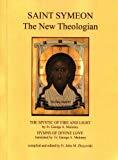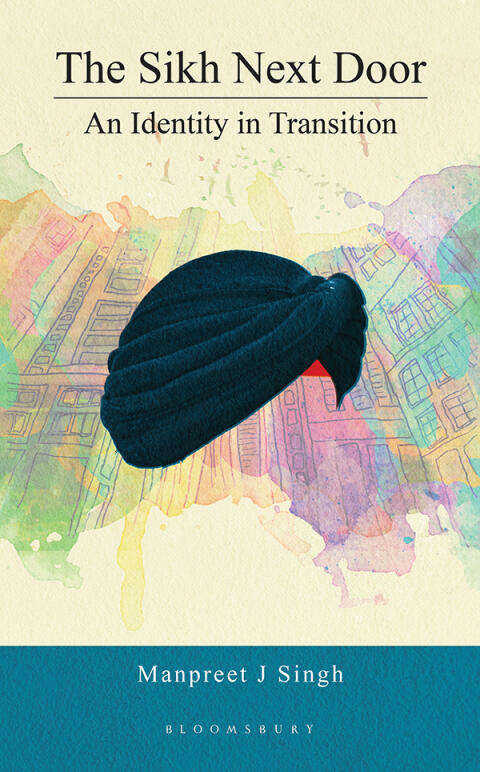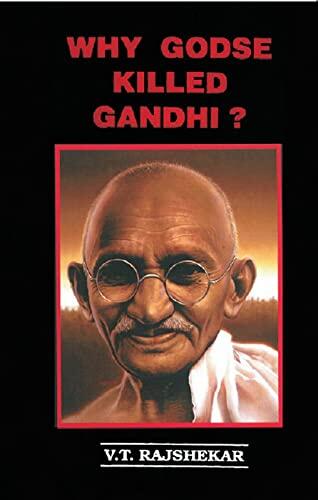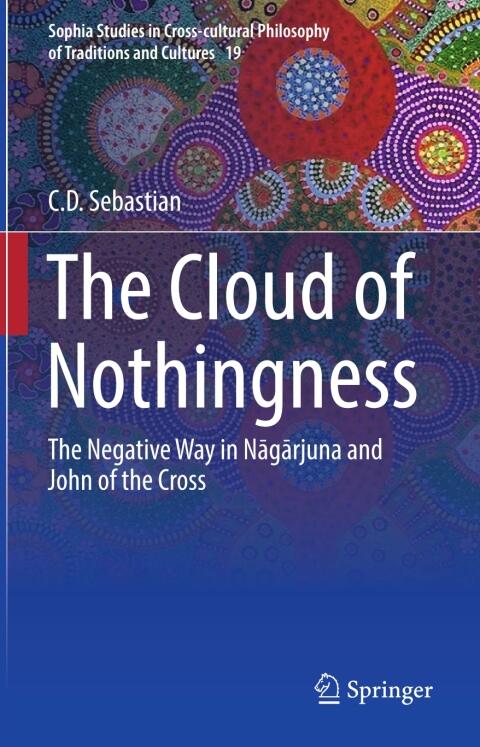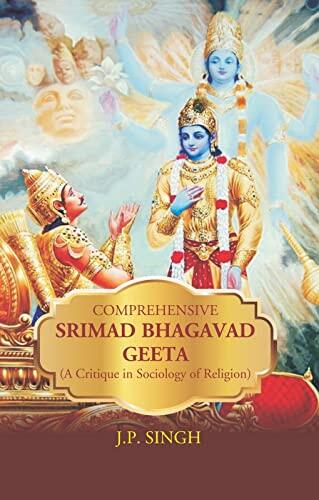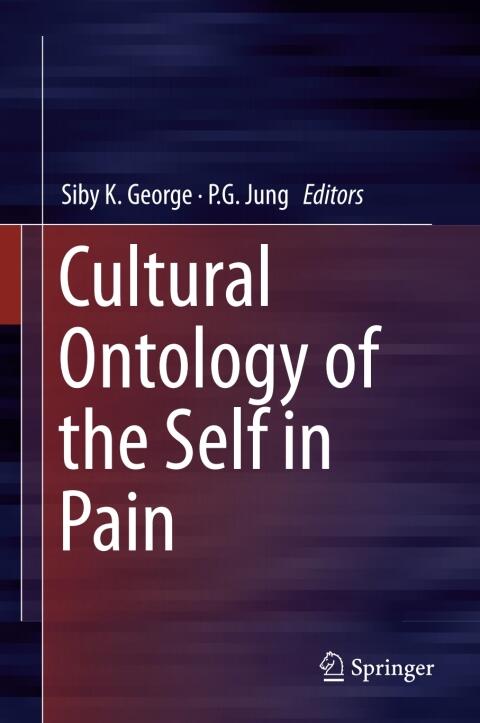
Cultural Ontology of the Self in Pain
还没有评分
Religion & Spirituality
History
Philosophy
格式
Kindle
页数
523
语言
英语
已发布
Jan 1, 2015
出版商
Springer
版本
1st ed. 2015
ISBN-10
8132226011
ISBN-13
9788132226017
描述
Siby K. George delves into the intricate relationship between culture, identity, and the experience of pain in a world where the biomedical model often overshadows the emotional and social dimensions of suffering. By examining pain through a cultural lens, George invites readers to consider how societal beliefs, traditions, and values shape individual experiences. The work challenges the reductionist perspective, asserting that pain is not merely a physiological phenomenon but a deeply embedded aspect of one's cultural identity.
Through rich qualitative analysis and interdisciplinary dialogue, George emphasizes the importance of understanding pain not just as a medical condition, but as a significant component of the human experience that reflects and informs a person’s sense of self. The exploration spans various cultures and contexts, illustrating how perceptions of pain are influenced by social narratives and cultural practices.
By weaving personal stories with theoretical insights, George creates a compelling narrative that opens new avenues for exploring the complexities of pain. This thought-provoking work ultimately encourages a reevaluation of how society perceives and responds to suffering, promoting a more compassionate and holistic understanding of the human condition.
Through rich qualitative analysis and interdisciplinary dialogue, George emphasizes the importance of understanding pain not just as a medical condition, but as a significant component of the human experience that reflects and informs a person’s sense of self. The exploration spans various cultures and contexts, illustrating how perceptions of pain are influenced by social narratives and cultural practices.
By weaving personal stories with theoretical insights, George creates a compelling narrative that opens new avenues for exploring the complexities of pain. This thought-provoking work ultimately encourages a reevaluation of how society perceives and responds to suffering, promoting a more compassionate and holistic understanding of the human condition.
